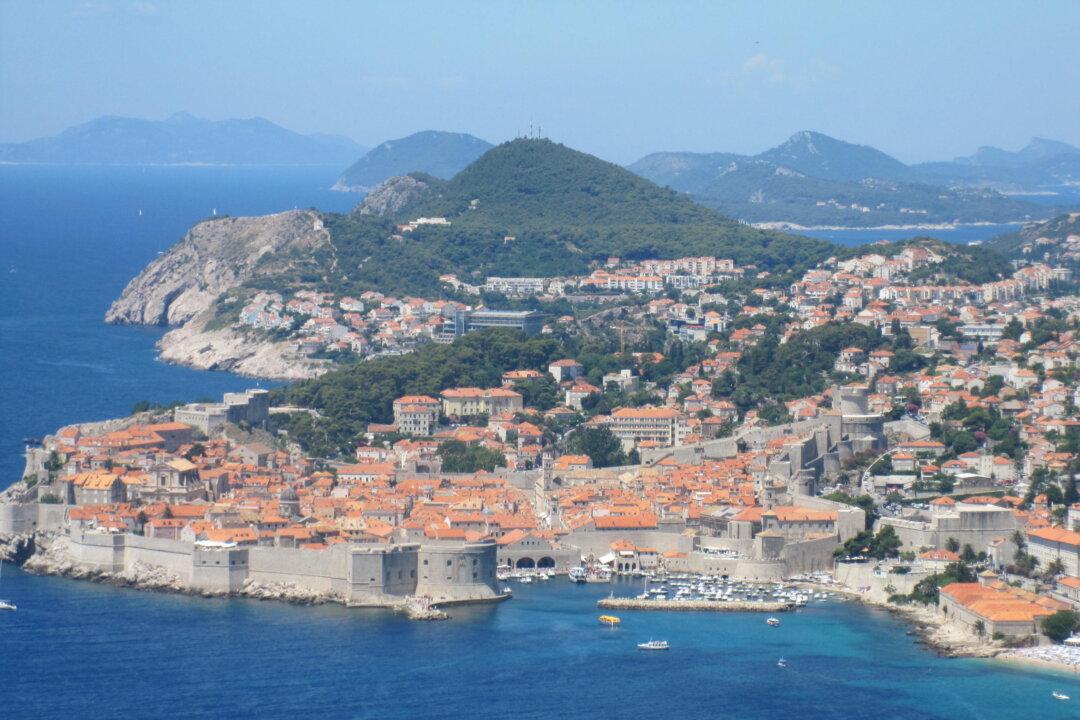The European Commission said in Brussels on April 12 that it was not going to help Montenegro to pay off its 1 billion euro loan to China for the unfinished first phase of the Bar-Boljare highway. Montenegro is the first country in Europe to find itself in a debt trap set by the Chinese regime’s Belt and Road Initiative (BRI).
China’s BRI (also known as “One Belt, One Road”) is Chinese leader Xi Jinping’s grand foreign policy project launched in 2013. It aims to extend the Chinese communist regime’s economic and political influence to countries in Asia, Europe, and Africa by recreating ancient China’s silk road and maritime silk road for trading in the 21st century. The BRI invests Chinese capital in the construction of various high-cost infrastructure projects in more than 60 participating countries.




